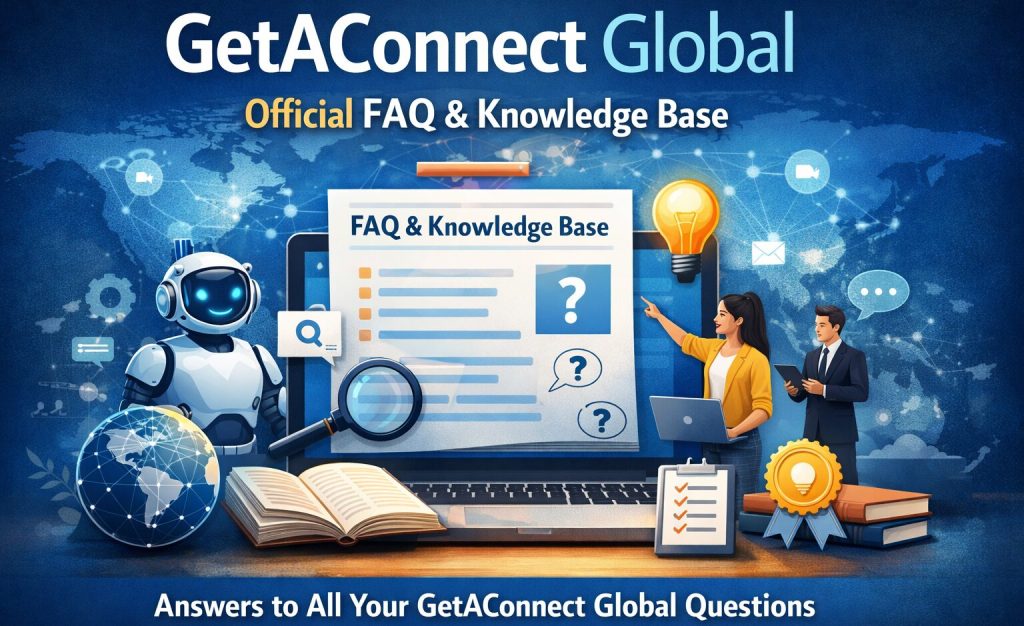Business Capabilities : Why they are more important than Skills

Business capabilities are much more than mere skills development. We all see a lot of talk about skills development, which of course is important, but it is a subset of developing business capabilities.
What are Business Capabilities?
Business capabilities are simply an organizations ability to run a business. Capabilities are pulled together in context of a process to deliver value. e.g. Quick Delivery and Customer Satisfaction are Amazon’s business capabilities.
Types of Business Capabilities :
Not all capabilities are critical for the organization. They can be classified into three levels as shown below with a simple example of Amazon :

Core Capabilities, Important Capabilities and Non Core Capabilities :
Not all capabilities are equal. Core Capabilities given an organization its Competitive Advantage. Important Capabilities can define its Differentiators. Non Core Capabilities are not so important but are needed to run the business.
The Skill Obsession :

In the dynamic and ever-evolving landscape of the business world, the need for skill development among employees is undeniable. Traditional wisdom suggests that nurturing a workforce with a broad spectrum of skills is crucial for an organization’s success.
While skills are undoubtedly essential, they don’t cover the big picture. If you start skills development, without understanding which capabilities your business needs, you will be in an unending merry-go-round, with no guarantee that you will add value to your business.
What businesses truly need are robust business capabilities that empower them to adapt, innovate, and thrive in a rapidly changing environment.
In recent years, the focus on skill development has been relentless. Organizations invest significant resources in training programs, workshops, and certifications to equip their employees with the latest skills. This approach is not without merit. Skills are the building blocks of productivity and proficiency.
In a large, well-established organization, having a diverse array of skills within the workforce can be advantageous. These organizations can often afford to shuffle employees around, matching their skills to specific projects as needed. However, the story takes a different turn for businesses in their growth phase, when they are not that big.
The Growth Phase Dilemma:
What are we learning for? What is the outcome from Learning to the business as a whole? These are important questions businesses need to answer before they start any training program.
When an organization is in its growth phase, it faces a unique set of challenges. Unlike their more substantial counterparts, these businesses do not require every skill under the sun. Instead, they need something more encompassing — business capabilities.
Here are the top three reasons why putting Business Capabilities Development ahead of Skills Development is essential for SMBs (Small and Medium Businesses) :
The REAL Business Growth :
Business capabilities also align with an organization’s strategic objectives. While skills may be relevant to individual tasks or projects, capabilities are woven into the fabric of the organization’s strategy.
They enable businesses to execute their long-term vision by providing the infrastructure and competencies required for sustained growth. This strategic alignment empowers organizations to make informed decisions that contribute to their overall success.
Cost-Effective Resource Allocation :
In the pursuit of skill development, organizations often allocate significant resources to training and upskilling programs. While these initiatives are essential, they can also be resource-intensive.
Developing business capabilities, on the other hand, allows organizations to allocate resources more efficiently. Instead of focusing on an exhaustive list of skills, they can invest in broader capabilities that serve multiple purposes and adapt to changing needs.
The Human Element :
While business capabilities emphasize the organizational level, they do not disregard individual skills. In fact, they provide a framework that encourages skill development within the context of the organization’s needs. Employees are still encouraged to acquire and refine skills, but these efforts are guided by the overarching goal of enhancing the organization’s capabilities.
Conclusion :
In a rapidly changing business landscape, the traditional emphasis on skill development is evolving. While skills remain crucial, they should not overshadow the importance of developing robust business capabilities.
Organizations in their growth phase, in particular, stand to benefit significantly from this shift in focus. Business capabilities provide the adaptability, innovation, and strategic alignment needed to thrive in a dynamic environment. By nurturing these capabilities, organizations can position themselves for sustained growth and success, regardless of the challenges they face.
So, the next time you think about training your workforce, remember : don’t just look to develop skills; look to develop business capabilities!
Click here to know how we can be of help to you in this regard with our innovative solutions.






